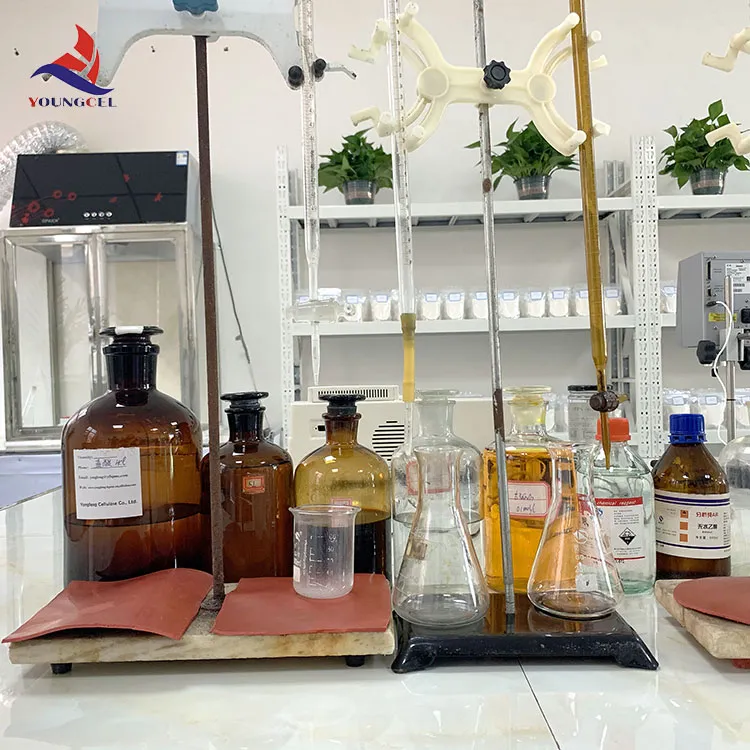The Role of HEMC in Modern Industry
Hydroxyethyl Methyl Cellulose (HEMC) is a versatile cellulose derivative that has gained significant attention in various industrial applications due to its unique properties. As a non-ionic, water-soluble polymer, HEMC plays an essential role in multiple sectors, including construction, pharmaceuticals, and personal care products. Its ability to modify viscosity, improve stability, and enhance texture makes it an invaluable ingredient in many formulations.
.
In the realm of pharmaceuticals, HEMC is utilized as a binder and a controlled-release agent. Its high viscosity and adhesive properties make it an ideal choice for tablet formulations, where it helps maintain the integrity and stability of the product. Furthermore, HEMC can regulate the release rate of active ingredients, leading to more effective therapeutic outcomes. This controlled release capability is particularly beneficial in chronic disease management, where consistent drug levels are critical for patient health.
hemc

The personal care industry also benefits from the properties of HEMC. It is widely used in cosmetic formulations as a thickener and stabilizer. Products such as lotions, creams, and gels rely on HEMC to achieve the desired texture and viscosity, enhancing the user experience. Additionally, it acts as a film-forming agent, providing a smooth application and improving the lingering sensation of products on the skin. Its non-ionic nature ensures compatibility with a broad range of ingredients, making it a popular choice among formulators.
Furthermore, HEMC is regarded as safe for use in various applications, including food products. It is classified as a Generally Recognized As Safe (GRAS) substance by the FDA, which supports its use as a food additive and thickening agent. Its versatility and safety profile make it appealing to a wide range of industries looking for effective and reliable ingredients.
In conclusion, Hydroxyethyl Methyl Cellulose (HEMC) is an indispensable material in modern industry, with applications spanning construction, pharmaceuticals, and personal care. Its ability to enhance performance, stability, and user experience makes it a valuable component in many formulations. As industries continue to evolve and seek innovative solutions, HEMC will likely maintain its critical role in enhancing product quality and performance, demonstrating the ongoing importance of this remarkable cellulose derivative.
-
Rdp Powder: Key Considerations for Wholesalers in the Building Materials IndustryNewsJul.08,2025
-
Key Considerations for Wholesalers: Navigating the World of Hpmc - Based ProductsNewsJul.08,2025
-
Hpmc Detergent: Key Considerations for WholesalersNewsJul.08,2025
-
Key Considerations for Wholesalers: China Hpmc For Tile Adhesive, Coating Additives, Concrete Additives, and MoreNewsJul.08,2025
-
Crucial Considerations for Wholesalers: Navigating the World of Construction MaterialsNewsJul.08,2025
-
Key Considerations for Wholesalers Sourcing Additive For Cement, Additive For Concrete, Additive For Putty from Additive Manufacturer Shijiazhuang Gaocheng District Yongfeng Cellulose Co., Ltd.NewsJul.08,2025




